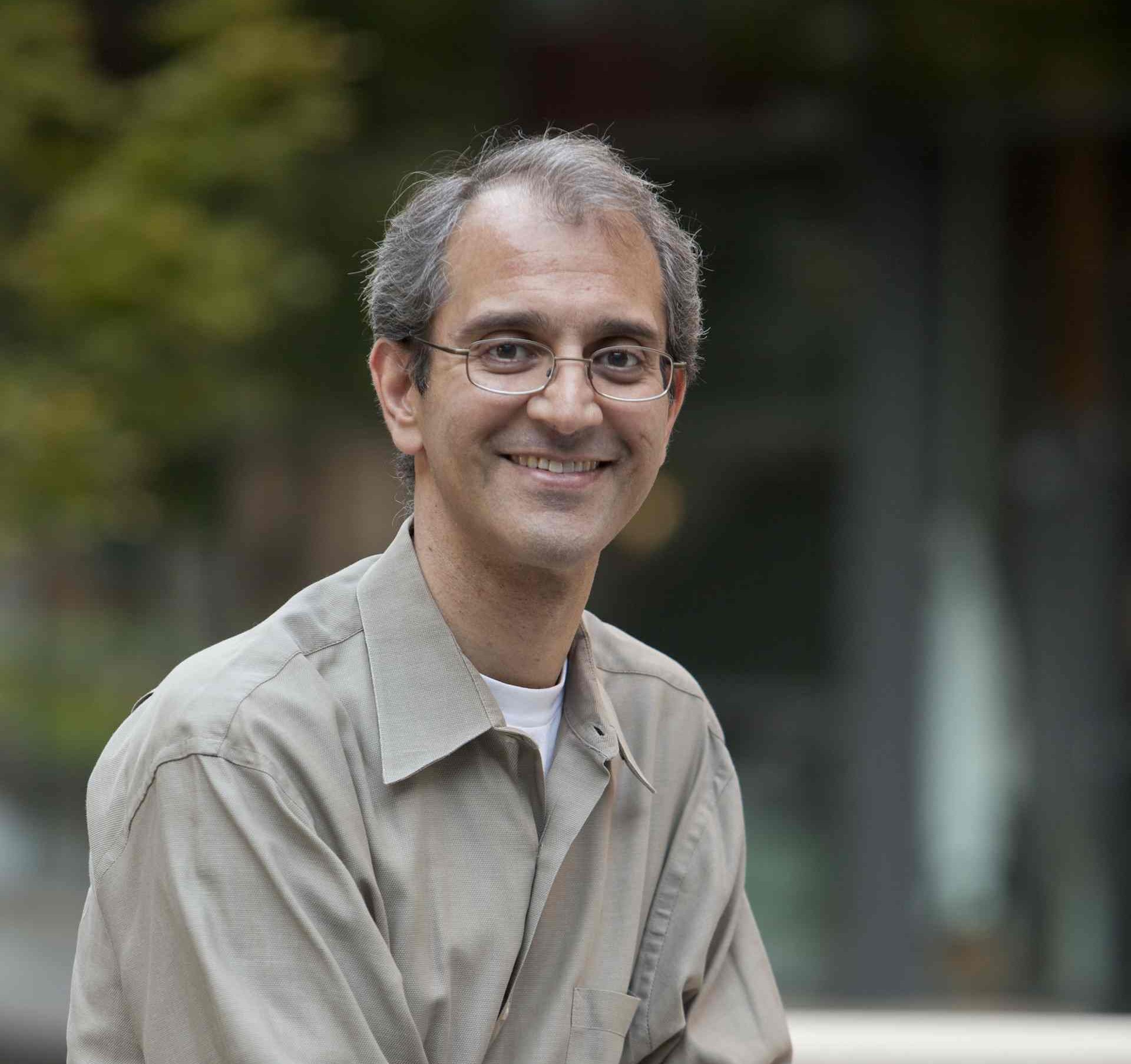- Home
- Medical news & Guidelines
- Anesthesiology
- Cardiology and CTVS
- Critical Care
- Dentistry
- Dermatology
- Diabetes and Endocrinology
- ENT
- Gastroenterology
- Medicine
- Nephrology
- Neurology
- Obstretics-Gynaecology
- Oncology
- Ophthalmology
- Orthopaedics
- Pediatrics-Neonatology
- Psychiatry
- Pulmonology
- Radiology
- Surgery
- Urology
- Laboratory Medicine
- Diet
- Nursing
- Paramedical
- Physiotherapy
- Health news
- Fact Check
- Bone Health Fact Check
- Brain Health Fact Check
- Cancer Related Fact Check
- Child Care Fact Check
- Dental and oral health fact check
- Diabetes and metabolic health fact check
- Diet and Nutrition Fact Check
- Eye and ENT Care Fact Check
- Fitness fact check
- Gut health fact check
- Heart health fact check
- Kidney health fact check
- Medical education fact check
- Men's health fact check
- Respiratory fact check
- Skin and hair care fact check
- Vaccine and Immunization fact check
- Women's health fact check
- AYUSH
- State News
- Andaman and Nicobar Islands
- Andhra Pradesh
- Arunachal Pradesh
- Assam
- Bihar
- Chandigarh
- Chattisgarh
- Dadra and Nagar Haveli
- Daman and Diu
- Delhi
- Goa
- Gujarat
- Haryana
- Himachal Pradesh
- Jammu & Kashmir
- Jharkhand
- Karnataka
- Kerala
- Ladakh
- Lakshadweep
- Madhya Pradesh
- Maharashtra
- Manipur
- Meghalaya
- Mizoram
- Nagaland
- Odisha
- Puducherry
- Punjab
- Rajasthan
- Sikkim
- Tamil Nadu
- Telangana
- Tripura
- Uttar Pradesh
- Uttrakhand
- West Bengal
- Medical Education
- Industry
Indian-American Krishna Shenoy develops thought-controlled prostheses

Krishna Shenoy from Stanford University has developed a precise brain controlled prostheses intended for people with paralysis and amyotrophic lateral sclerosis (ALS), also called Lou Gehrig's disease
The thought-controlled prostheses developed by Krishna Shenoy and his team will help control the movement in case of paralysis and amyotrophic lateral sclerosis (ALS), also called Lou Gehrig's disease. The device used a thought controlled keypad, enhancing the use of neuron controlled samples, enabling the person to run an electronic wheelchair and use a computer or tablet.
Shenoy's team tested a brain-controlled cursor meant to operate a virtual keyboard. Thus the device provides the natural and intuitive control of readings taken directly from the brain, then using the mechanical system of eye tracking movement to direct the cursors.
The US Food and Drug Administration (FDA) has also given Shenoy's team its nod to conduct a pilot clinical trial of their thought-controlled cursor on people with spinal cord injuries.
As reported by IANS
When we type or perform other precise tasks, our brains and muscles usually work together effortlessly.
But when a neurological disease or spinal cord injury severs the connection between the brain and limbs, once-easy motions become difficult or impossible.
In recent years, researchers have sought to give people suffering from injury or disease some restored motor function by developing thought-controlled prostheses.
Such devices tap into the relevant regions of the brain, bypass damaged connections and deliver thought commands to devices such as virtual keypads.
The findings appeared in the journal Nature Communications.
The thought-controlled prostheses developed by Krishna Shenoy and his team will help control the movement in case of paralysis and amyotrophic lateral sclerosis (ALS), also called Lou Gehrig's disease. The device used a thought controlled keypad, enhancing the use of neuron controlled samples, enabling the person to run an electronic wheelchair and use a computer or tablet.
Shenoy's team tested a brain-controlled cursor meant to operate a virtual keyboard. Thus the device provides the natural and intuitive control of readings taken directly from the brain, then using the mechanical system of eye tracking movement to direct the cursors.
The US Food and Drug Administration (FDA) has also given Shenoy's team its nod to conduct a pilot clinical trial of their thought-controlled cursor on people with spinal cord injuries.
As reported by IANS
When we type or perform other precise tasks, our brains and muscles usually work together effortlessly.
But when a neurological disease or spinal cord injury severs the connection between the brain and limbs, once-easy motions become difficult or impossible.
In recent years, researchers have sought to give people suffering from injury or disease some restored motor function by developing thought-controlled prostheses.
Such devices tap into the relevant regions of the brain, bypass damaged connections and deliver thought commands to devices such as virtual keypads.
The findings appeared in the journal Nature Communications.
Next Story


